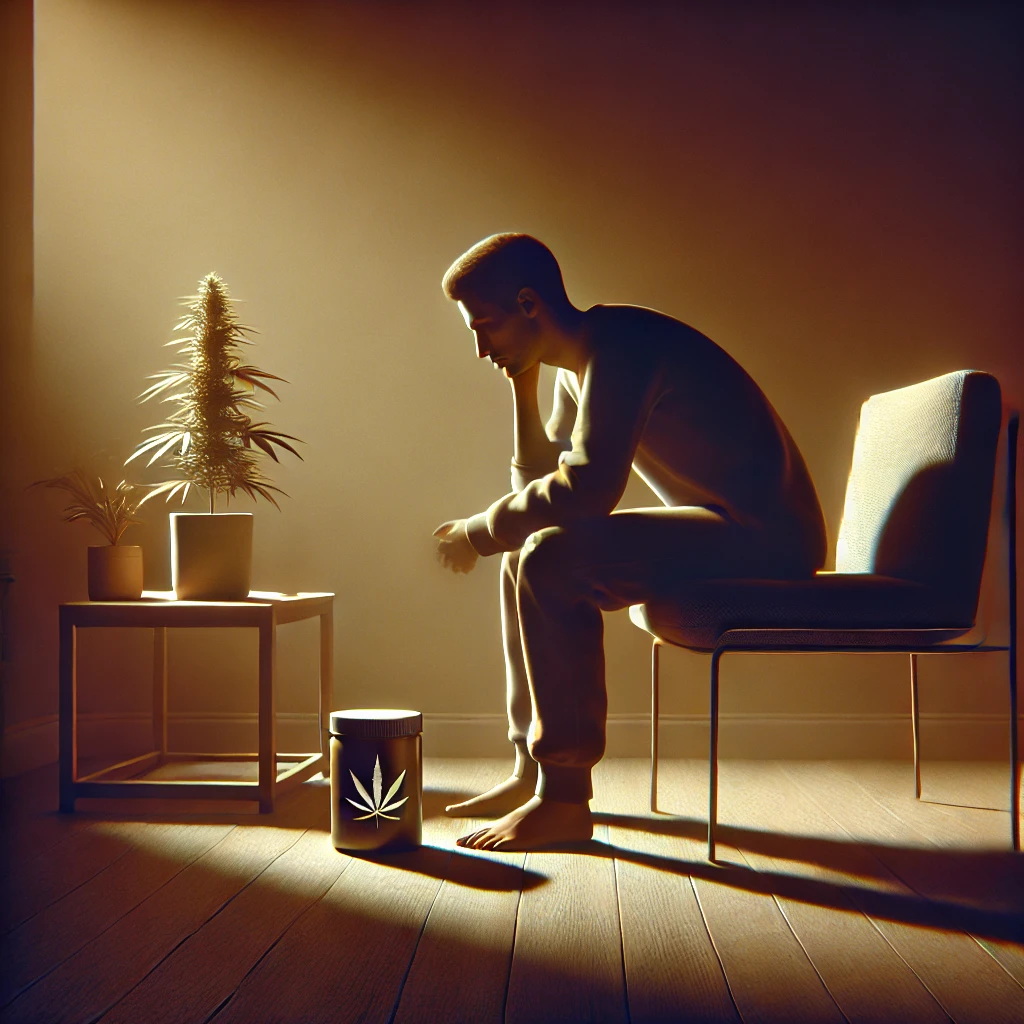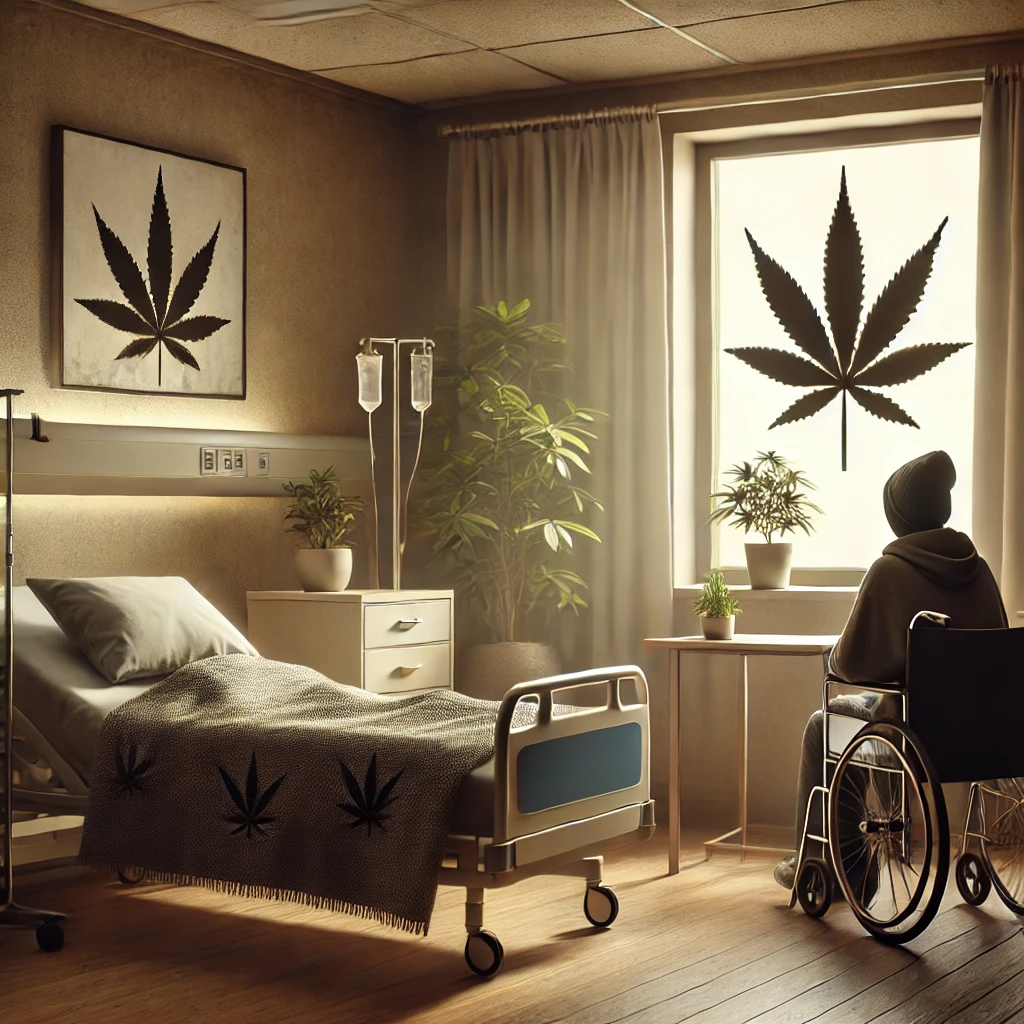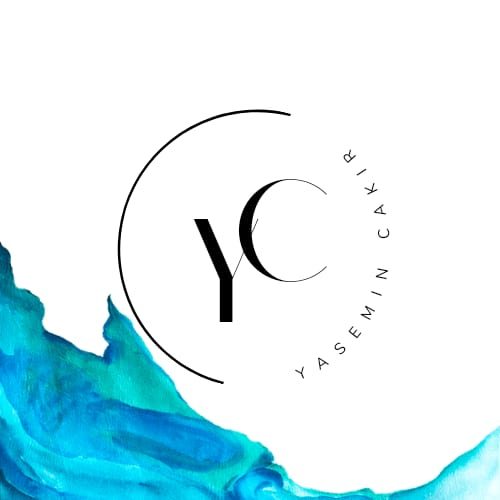I recently touched on how painful the healing process can be; but now I also want to delve into the even lesser-seen patients and voice a small number of struggles that they may be additionally facing, a minority within the system, Medicinal Cannabis Patients.

Two Taboos – Healing and Cannabis
The difficulties in healing have been spoken of; with the setbacks and relapses proving that it isn’t a linear journey, nor should it be expected with over half of the population facing them within their recovery; however with patients themselves being mainly unaware of this and facing daily debilitating struggles, instead of reaching out for help they may be more likely to withdraw due to the stigma they have already faced within the care sector prior, or since becoming a medicinal cannabis patient.
Medicinal cannabis can not be used as a ‘first line’ treatment, with at least two conventional treatment methods (usually two medications, or one medication and one form of accepted therapy, in some instances) have been tried and have not been shown to prove any relief. We all know how difficult even getting a GP appointment can be, so for someone with the diagnosis of chronic pain for example, we can image how many years of referrals, physio, expert consultant visits, therapy and medications have been tried for them even to be eligible for CBMP’s. They have often been doubted throughout their journey, neglected at times, they’ve had to accommodate a lot and suffer through a lot of pain so by the time they can even be considered for CBMP treatment, they are usually a lot further into their experience than most can imagine.
When mentioning they were considering CBMP’s, they have probably been laughed at, doubted, and judged and usually, overtly so, and nobody should ever be laughed at for trying to heal.
Being in such a taboo situation, it’s understandable how medicinal cannabis patients may struggle to reach out for further help despite their support network within their healthcare setting possibly being sufficient.
This, for myself, was for fears of losing an option that was helping, even if not solving my issues. I was worried that if I mentioned the negative side of things, that that was another option that was no longer available to me and that I’d be left to fend for myself. I also had worries that I was ‘untreatable’ and didn’t want to face the reality of that within myself, so again, I held back. Eventually, after unmanageable side effects, I discussed my concerns and was delighted to hear that the care was tailored to my needs and there were plenty of options for me to try until we found the right treatment plan.
It’s also important to note that cannabis is not a ‘fix all’ solution but a tool, so many patients may still suffer from some symptoms regardless of how effective their treatment plan is, a reality often difficult to accept.
To Heal or Not To Heal
Whilst society wants to see us ‘heal’, they don’t want to see us consuming cannabis. I blame the lack of education on this, as nothing for me can prove otherwise. The stigma can be difficult to deal with from patients’ support systems being non-understanding, the fear or judgement and isolation, the employment and caregiving difficulties and double-stigmas, or lack of information from healthcare providers alike.
You would think that after years of someone putting so much strain on themselves as well as the healthcare facilities, everyone would be rooting for their success in healing; however it’s often not that way. With most professionals lacking even basic understanding on the ECS, judgements are made on bias and societal stigma. At what point did we place pills on a throne and throw away the option to even look further?
My Journey with Healing and Medicinal Cannabis
As briefly explained above, my main fear was that because it was so difficult to access (due to eligibility criteria and having to prove my medical records from abroad) I would lose the 1-2-1 support I was getting from the professionals, if I stated that it wasn’t working for me. I tried to stick with it after hearing such amazing anecdotal information, but with worsening symptoms finally had to ‘come clean’ and admit that this wasn’t the ‘fix’ for me.
My support system was fantastic, something that I have been lucky with, but the judgemental reviews remained.
“Maybe if you weren’t vaping you’d be better”
“Have you tried getting through it without a vape?”
“But isn’t it a drug at the end of the day?”
All questions that could be put to bed in one swift (possibly sarcastic) sentence, but still isolating and neglectful. We would not advise anyone else to stop their medication or consider different options if it was the healthiest found and most effective option, so why do we do it with cannabis? Because it’s a ‘drug drug’ everyone is ready to blame it regardless on the facts that lay apparent. This, I can not put down to lack of education but simple ignorance.
After trying a handful of strains, I found the right option for myself and began a journey of improvement, much to my surprise. I am yet to find anything that made me feel as stable as my Medicinal Cannabis strain did and I am increasingly considering restarting my treatment once I have my formal final diagnosis.
Despite this and for me, being ‘proven to work’ for my case, and being an advocate, I still struggle to portray my feelings regarding the efficacy of it in my treatment in fears that the prejudice will prevent me from accessing further care.
Choosing medicinal cannabis is a vulnerable journey; one that requires resilience in the face of scepticism and misunderstanding. Each appointment, every question asked by doubters, and the decision to persist is an act of self-care and courage, so to those on the outside looking in, try viewing medicinal cannabis patients with compassion. Healing comes in many forms, and for some, this path isn’t an indulgence but a necessity. Educating ourselves and dismantling prejudices can create a world where every patient feels safe seeking the support they need without fear of shame.

